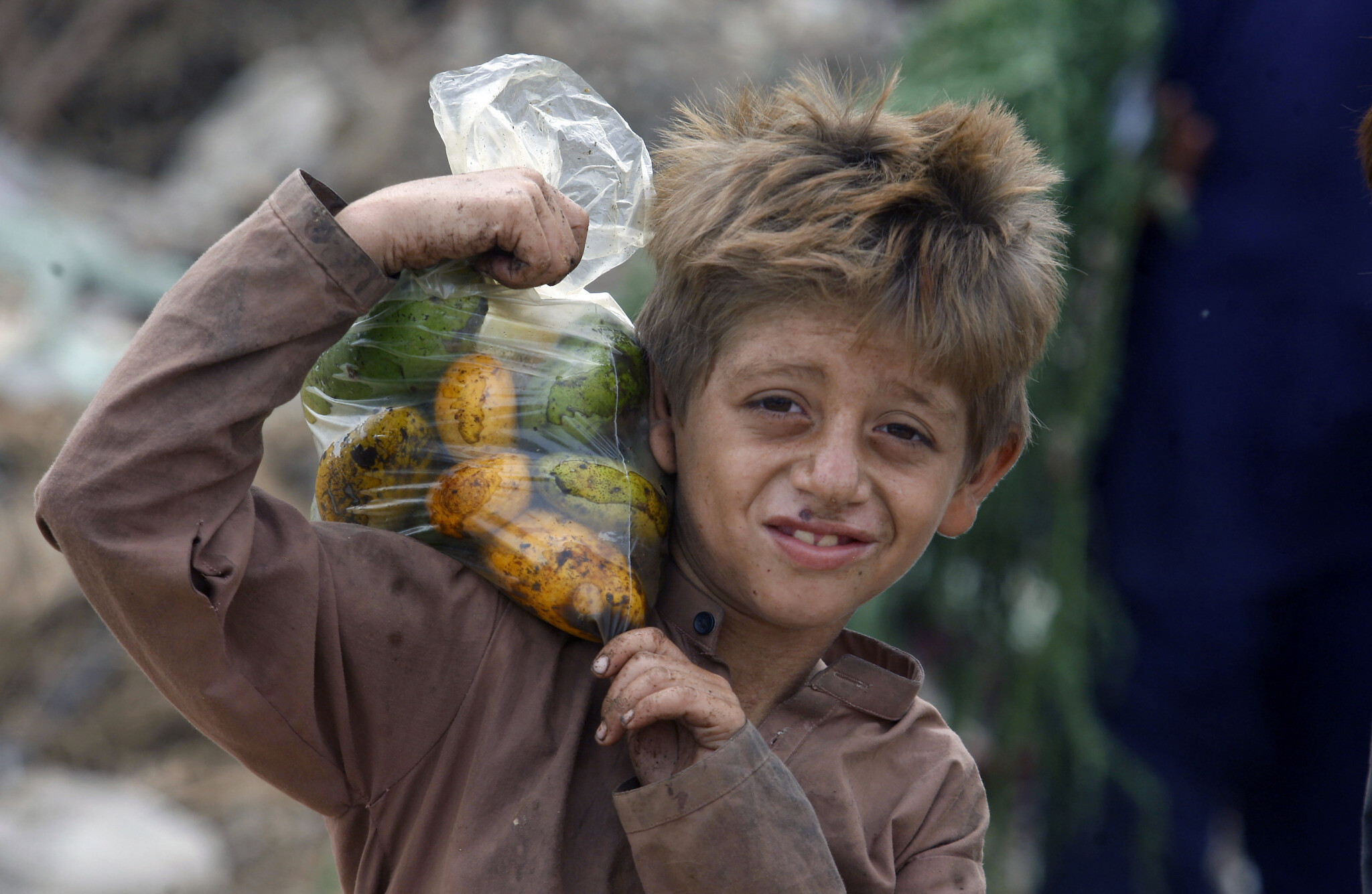Poverty

Poverty remains a pervasive problem across the world, impacting millions of individuals and communities. Its causes are multifaceted and interconnected, encompassing factors such as economic inequality, lack of access to education and healthcare, political instability, and environmental challenges. Developing countries often bear the brunt of extreme poverty, but it also persists within affluent nations, manifesting in various forms.
There are several compelling reasons why we should strive to stop poverty:
- Humanitarian Imperative: Poverty is a violation of human rights and human dignity. Every individual deserves the opportunity to live a life free from poverty and its associated hardships. It is our moral obligation to ensure that all people have access to basic necessities and a chance to thrive.
- Social Stability and Peace: Poverty can lead to social unrest, political instability, and conflict. When a large portion of the population is trapped in poverty, it creates a fertile ground for social and economic inequalities, leading to social tensions and instability. Addressing poverty is crucial for fostering social harmony and creating conditions conducive to peace.
- Economic Growth and Development: Poverty hampers economic growth and development. Individuals living in poverty often lack access to education, healthcare, and productive resources, which hinders their ability to contribute to the economy. By reducing poverty, we can unlock the potential of individuals and communities, leading to increased productivity, innovation, and economic prosperity.
- and Well-being: Poverty is closely linked to poor health outcomes and limited access to healthcare. Poverty-stricken individuals are more susceptible to malnutrition, disease, and inadequate healthcare, leading to higher mortality rates and reduced life expectancy. Eliminating poverty is essential for ensuring the health and well-being of individuals and communities.
- Equality and Social Justice: Poverty exacerbates social inequalities and marginalization. It disproportionately affects marginalized groups such as women, children, ethnic minorities, and persons with disabilities. By addressing poverty, we can strive for a more equitable society that upholds social justice and equal opportunities for all.
- Sustainable Development: Poverty eradication is an integral part of the Sustainable Development Goals (SDGs) adopted by the United Nations. Poverty reduction is essential for achieving other SDGs, such as zero hunger, quality education, gender equality, and climate action. By addressing poverty, we can work towards a sustainable and inclusive future for all
- In conclusion, stopping poverty is a moral imperative that promotes social stability, economic growth, health, equality, and sustainable development. By addressing the root causes of poverty and implementing effective strategies, we can create a world where everyone has equal opportunities to thrive and fulfill their potential. It requires collective action, strong political will, and a commitment to social justice and human rights.
Solutions:
- Education and Skill Development: Investing in quality education and skill development programs is crucial for breaking the cycle of poverty. By providing accessible and equitable education opportunities, individuals can acquire knowledge and skills that enhance their employability and income-earning potential.
- Economic Empowerment: Promoting entrepreneurship, job creation, and income-generating activities can empower individuals and communities economically. This can be achieved through microfinance programs, vocational training, access to credit and capital, and support for small-scale enterprises.
- Social Safety Nets: Establishing social safety net programs, such as cash transfer programs and targeted subsidies, can provide immediate relief to the most vulnerable populations. These programs help ensure access to basic necessities, such as food, healthcare, and housing, during times of economic hardship.
- Access to Basic Services: Ensuring access to essential services, including healthcare, clean water, sanitation, and electricity, is crucial for poverty eradication. Governments and organizations should prioritize investments in infrastructure and social services to improve living conditions and enhance overall well-being.
- Women Empowerment and Gender Equality: Promoting gender equality and empowering women is vital for poverty reduction. Women often face disproportionate poverty rates and limited access to resources. Ensuring equal rights, opportunities, and access to education, healthcare, and economic resources for women can significantly contribute to poverty alleviation.
Back to Index
